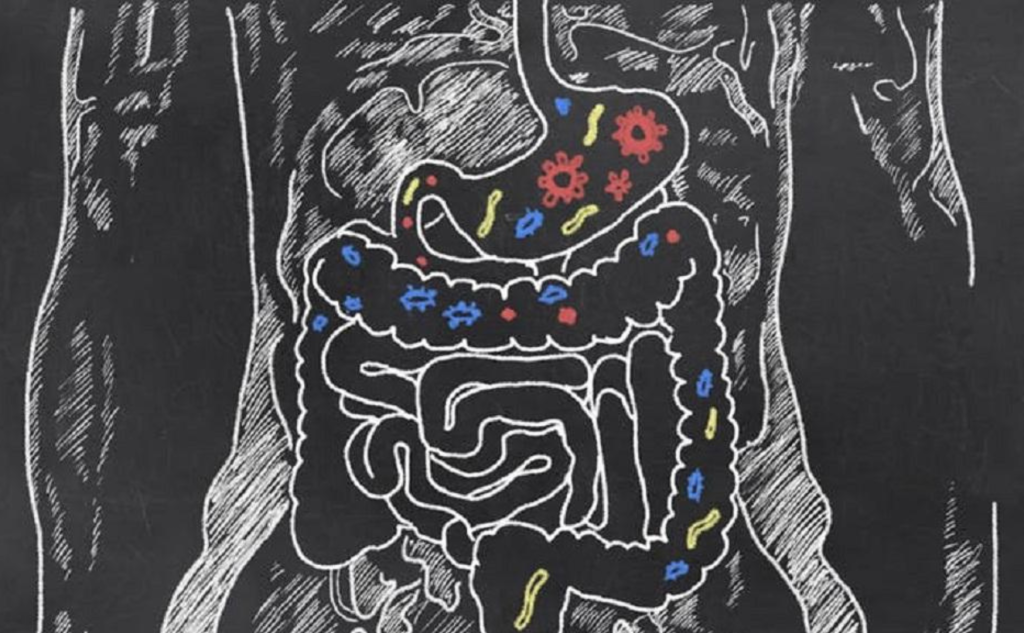
In recent years, the intricate relationship between gut health, specifically the gut microbiome, and overall well-being has become a focal point in scientific research. Prebiotics, undigestible fibers found in various plant-based foods, are gaining attention for their potential role in shaping the gut-brain axis. A groundbreaking study led by the University of Leipzig Medical Center delves into the impact of high-dose prebiotic intake on the brain’s response to high-calorie food cues, shedding light on a potential link between gut health and obesity. This exploration unravels the study’s findings, examining how prebiotics might offer less invasive strategies for obesity prevention and treatment.
Understanding the Role of Prebiotics:
Prebiotics, abundant in foods like chicory root, onions, leeks, and bananas, serve as nourishment for beneficial gut bacteria. By stimulating the growth of these microbes, prebiotics contribute significantly to a healthy gut microbiome. The study in focus administered 30 grams of inulin, a prebiotic found in chicory root, daily to overweight individuals adhering to a Western diet.
Prebiotics, Brain Responses, and Weight Management:
The study’s participants underwent MRI scans while being exposed to images of high-calorie foods. Remarkably, after prebiotic consumption, their brain’s reward centers displayed reduced activity in response to these food cues. This change in brain response was accompanied by shifts in gut bacteria composition. These findings imply a potential connection between gut health, brain function, and decision-making regarding food.
The Gut-Brain Axis and Weight Management:
Kelsey Costa, a registered dietitian, highlighted the study’s significance, emphasizing the microbiome-gut-brain nexus. The intake of high-dose prebiotic fiber appeared to dampen the brain’s response to high-calorie food stimuli, suggesting a promising avenue for weight management. This aligns with previous animal studies indicating the influence of prebiotics on cravings, metabolism, and mental well-being.
Gut Bacteria’s Influence on Brain Responses:
Advanced techniques, including brain imaging and next-generation sequencing, revealed that alterations in gut microbes might underlie the brain’s varied responses to high-calorie food cues. The study advocates for further research to explore microbiome-targeted therapies as potential, minimally invasive approaches to combat obesity.
Future Implications and Recommendations:
While these findings hold promise, experts emphasize the need for extensive, diverse studies to confirm and expand on these preliminary results. Additionally, discussions center around incorporating higher fiber diets through whole foods rather than relying solely on supplements, promoting sustainable, practical dietary habits for improved overall health.
The study’s revelations spotlight the intricate interplay between prebiotics, the gut microbiome, and the brain, indicating a potential avenue for obesity prevention and treatment. Understanding and leveraging this gut-brain connection can revolutionize dietary strategies, offering hope for individuals struggling with weight management. As ongoing research explores these dynamics further, a holistic approach encompassing dietary education, whole food integration, and microbiome modulation emerges as a promising path toward healthier living.





